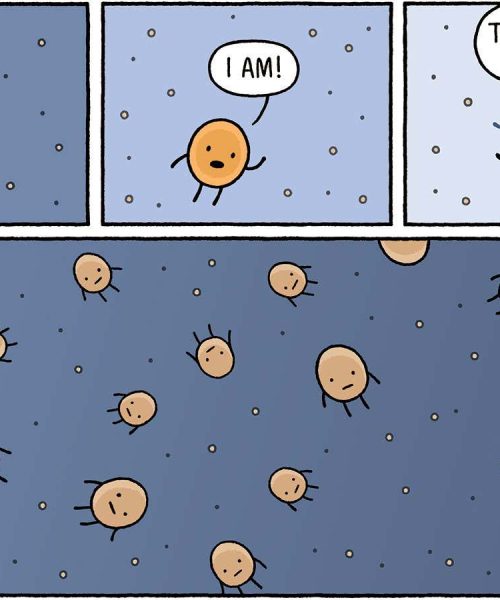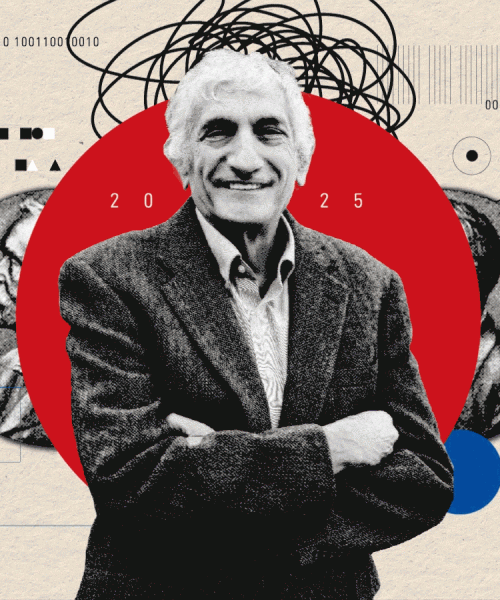
Simon Danaher
In pure mathematics, very occasionally, breakthroughs arrive like bolts from the blue – the result of such inspired feats of reasoning and creativity that they seem to push the very bounds of intelligence. In 2016, for instance, mathematician Timothy Gowers marvelled at a solution to the cap set problem, which has to do with finding the largest pattern of points in space where no three points form a straight line. The proof “has a magic quality that leaves one wondering how on Earth anybody thought of it”, he wrote.
You might think that such feats are unique to humans. But you might be wrong. Because last year, artificial intelligence company Google DeepMind announced that its AI had discovered a better solution to the cap set problem than any human had. And that was just the latest demonstration of AI’s growing mathematical prowess. Having long struggled with this kind of sophisticated reasoning, today’s AIs are proving themselves remarkably capable – solving complex geometry problems, assisting with proofs and generating fresh avenues of attack for long-standing problems.
All of which has prompted mathematicians to ask if their field is entering a new era. But it has also emboldened some computer scientists to suggest we are pushing the bounds of machine intelligence, edging ever closer to AI capable of genuinely human-like reasoning – and maybe even artificial general intelligence, AI that can perform as well as or better than humans on a wide range of tasks. “Mathematics is the language of reasoning,” says Alex Davies at DeepMind. “If models can…





